#OnThisDay 17th May 2002 a general election was held in Ireland, resulting in the Fianna Fáil and Progressive Democrat coalition government being returned.
An article by Richard Boyd Barrett in Resistance, magazine of the Socialist Workers' Party, reflects on the performance of the left.
https://www.leftarchive.ie/subject/4823/
#OTD #IrishPolitics #GeneralElection #SocialistWorkersParty #SWP
Election - General Election, 2002
Irish Left Archive
#OnThisDay 16th May 1920 the Knocklong Soviet was declared.
Workers at the Cleeves Creamery in Knocklong, County Limerick occupied the facility, raising a red flag and displaying a banner reading “Knocklong Soviet Creamery - We make butter, not profits”.
On This Day, 16th May
Irish Left Archive
#OnThisDay 15th May 2011:
Leaflets distributed by campaigns opposing the State Visit of the British Queen to Ireland, from the Irish Anti-War Movement, Socialist Workers' Party and Éirígí: https://www.leftarchive.ie/demonstration/6193/
#SnapshotsOfPoliticalAction #Monarchy #BritishMonarchy #Éirígí #IrishAntiWarMovement #SocialistWorkersParty #SWP
Political Material from: Opposition to the State Visit of the British Queen to Ireland, 15th May 2011
Irish Left Archive
#OnThisDay 15th May 1974, the Ulster Workers Council Strike began
https://www.leftarchive.ie/on-this-day/05/15/#event-4504
#IrishPolitics #UlsterWorkersCouncil #Strike #OTD #IrishHistory
On This Day, 15th May
Irish Left Archive
Pubished #OnThisDay 15th May 1987:
"Eight Irish Victims of British Democracy"
The Next Step, from the Revolutionary Communist Party, on the Loughgall killings.
The Next Step, No. 18 (1987) — Revolutionary Communist Party
Irish Left Archive
New document:
Shannon Airport and 21st Century War
Published in 2015 and edited by Roger Cole of Peace & Neutrality Alliance and John Lannon of Shannonwatch.
https://www.leftarchive.ie/document/6426/
#IrishNeutrality #PeaceAndNeutralityAlliance #PANA #Shannonwatch #ShannonAirport
Shannon Airport and 21st Century War (2015) — Peace and Neutrality Alliance
Irish Left Archive
#OnThisDay 14th May 2022:
A rally in Dublin called for the public ownership of the National Maternity Hospital.
Documents distributed at the protest: https://www.leftarchive.ie/demonstration/6070/
#IrishPolitics #SnapshotsOfPoliticalAction #NMH #Mastodaoine #Protest #Activism #OTD
Political Material from: National Maternity Hospital Rally, 14th May 2022
Irish Left Archive
New podcast episode!
In episode 49 we speak to anarchist activist Gregor Kerr about the Dublin Anarchist Bookfair.
The Dublin Anarchist Bookfair was first held in 2006. After a few years' hiatus, the bookfair will be taking place again this month on Saturday the 20th May, organised by @IrishAnarchistNetwork@kolektiva.social and independent anarchists.
https://podcast.leftarchive.ie/@ILAPodcast/episodes/dublin-anarchist-bookfair-with-gregor-kerr
You can follow the Irish Left Archive Podcast on the Fediverse @ILAPodcast@podcast.leftarchive.ie
#Anarchism #Books #Dublin #IrishPolitics #Activism #IrishPodcast
Dublin Anarchist Bookfair, with Gregor Kerr
In this episode we discuss the Dublin Anarchist Bookfair with anarchist activist and trade unionist, Gregor Kerr.
The fair is back this year on Saturday 20th of May.
"Cork Girl Meets Arafat"
A 1989 article from Irish Socialist, newspaper of the Communist Party of Ireland, on a student's invitation to meet Yassir Arafat for a school project.
New document:
Public Talk: Éirígí – 15 Years On & The Fight For a New Republic
A poster for an Éirígí 15th anniversary event in 2021.
Public Talk: Éirígí – 15 Years On & The Fight For a New Republic (2021) — Éirígí
Irish Left Archive
#OnThisDay 4th May 1986:
The Hillsborough Agreement: The text of the Bobby Sands Commemorative lecture given by Danny Morrison in Twinbrook, Belfast on Sunday 4th May 1986
The Hillsborough Agreement (1986) — Sinn Féin
Irish Left Archive
In our most recent podcast episode we spoke to Dublin City Council historian-in-residence Mary Muldowney about left approaches to history.
https://podcast.leftarchive.ie/@ILAPodcast/episodes/mary-muldowney-left-history
If you're interested in #Activism, #LeftPolitics, and #IrishHistory, you can follow the podcast on the #Fediverse @ILAPodcast@podcast.leftarchive.ie
#OnThisDay 3rd May 1979, the SDLP manifesto for the Westminister elections.
SDLP Election Manifesto, Westminster Election, 1979 (1979) — Social Democratic and Labour Party
Irish Left Archive
Happy May Day comrades.
Here is the May Day cover of the Communist Party of Australia's newspaper, The Workers' Weekly, from 1924.
Solidarity on International Workers Day!
Here are some documents from the Irish left marking #IWD / #MayDay in our collection.
On This Day, 1st May
Irish Left Archive
New document:
Socialist Republic, November 1977.
Paper of the Movement for a Socialist Republic.
https://www.leftarchive.ie/document/6414/
#IrishLeft #SocialistRepublic #MovementForASocialistRepublic #Trotskyism #FourthInternational
Socialist Republic, November 1977 (1977) — Movement for a Socialist Republic
Irish Left Archive
Mary Muldowney: Left History
🎙 New episode!
We speak to Dublin City Council historian-in-residence Mary Muldowney about left approaches to history and her work on oral history.
"And Still They Fight To Survive"
An article from Z Magazine in 1989 outlines the history and then status of state restriction of access to contraception.
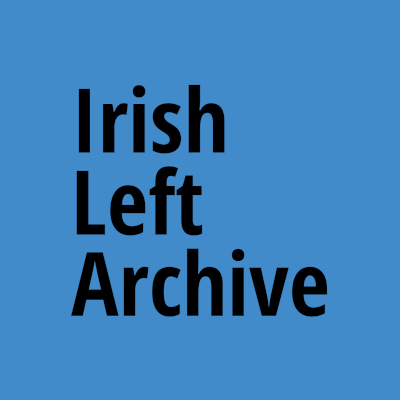
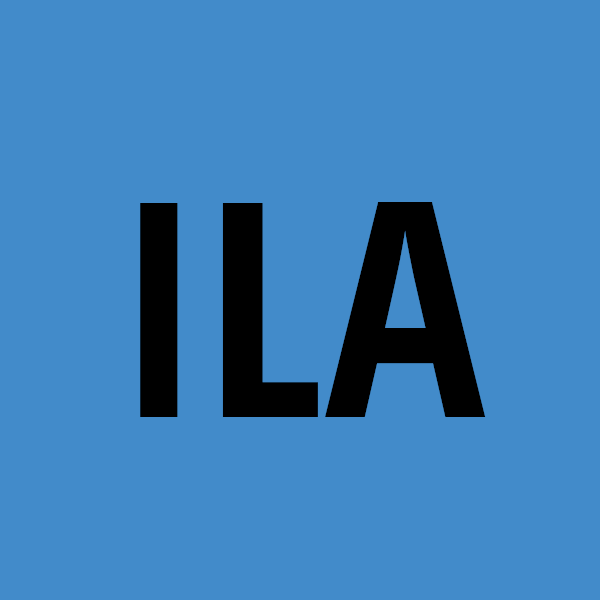
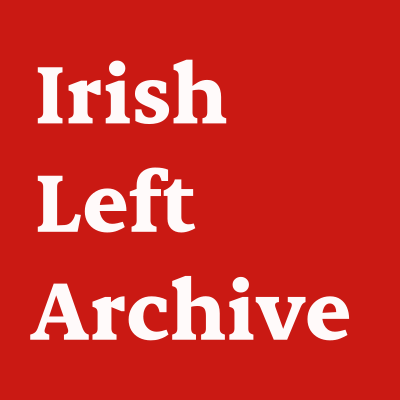
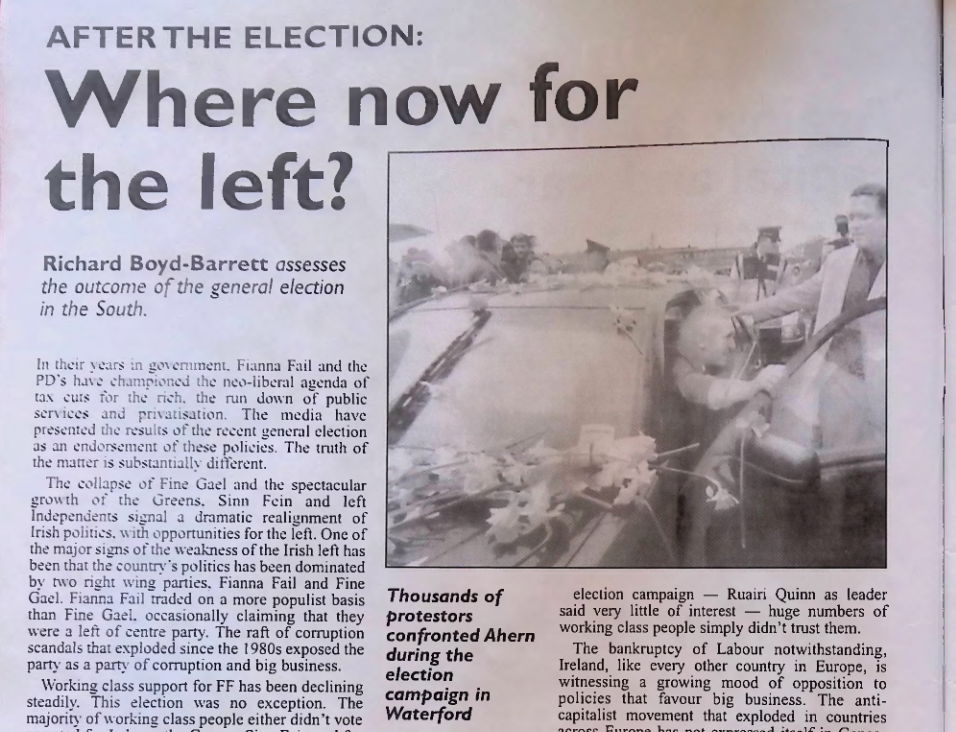
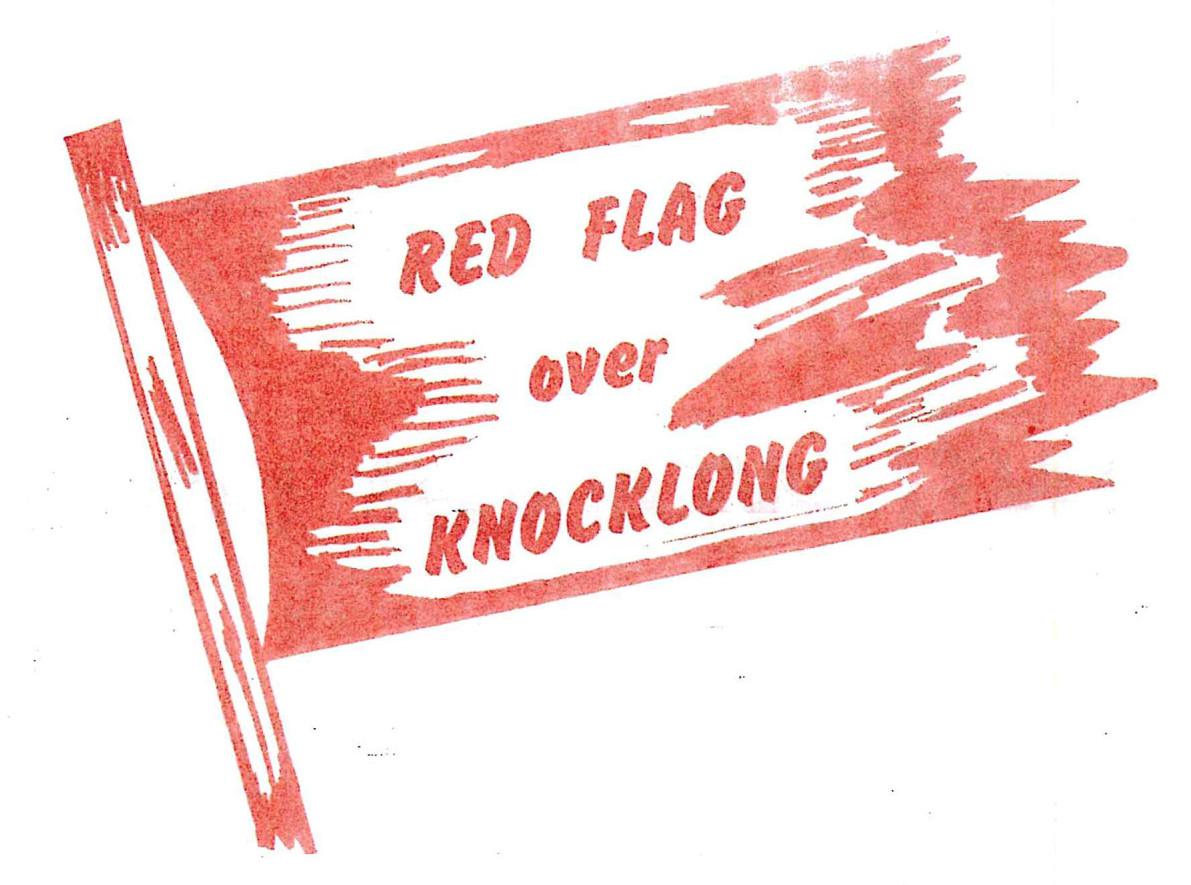
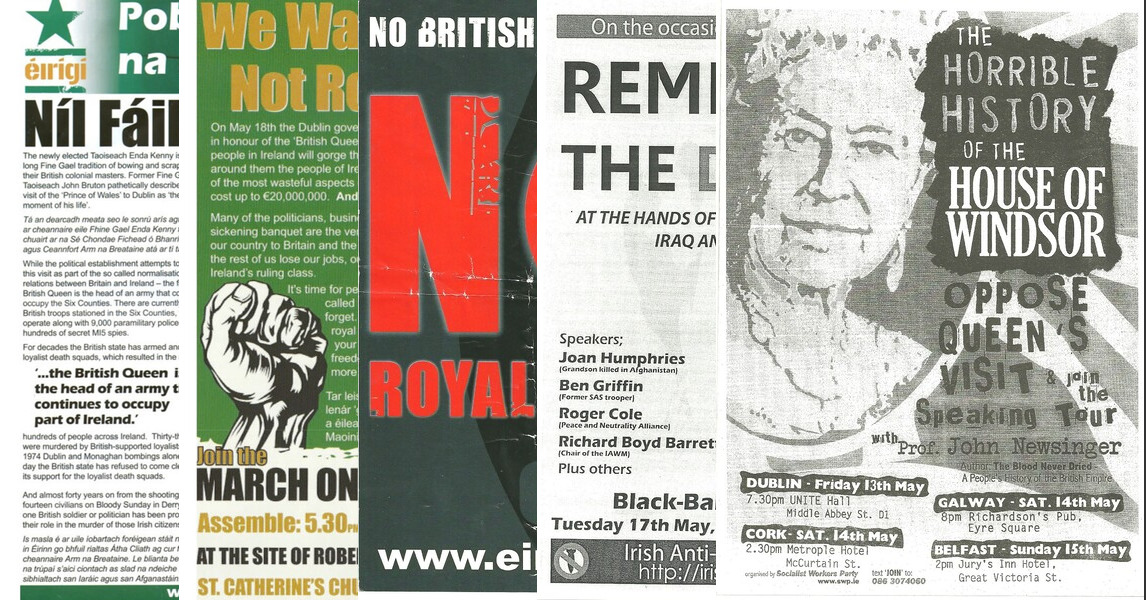
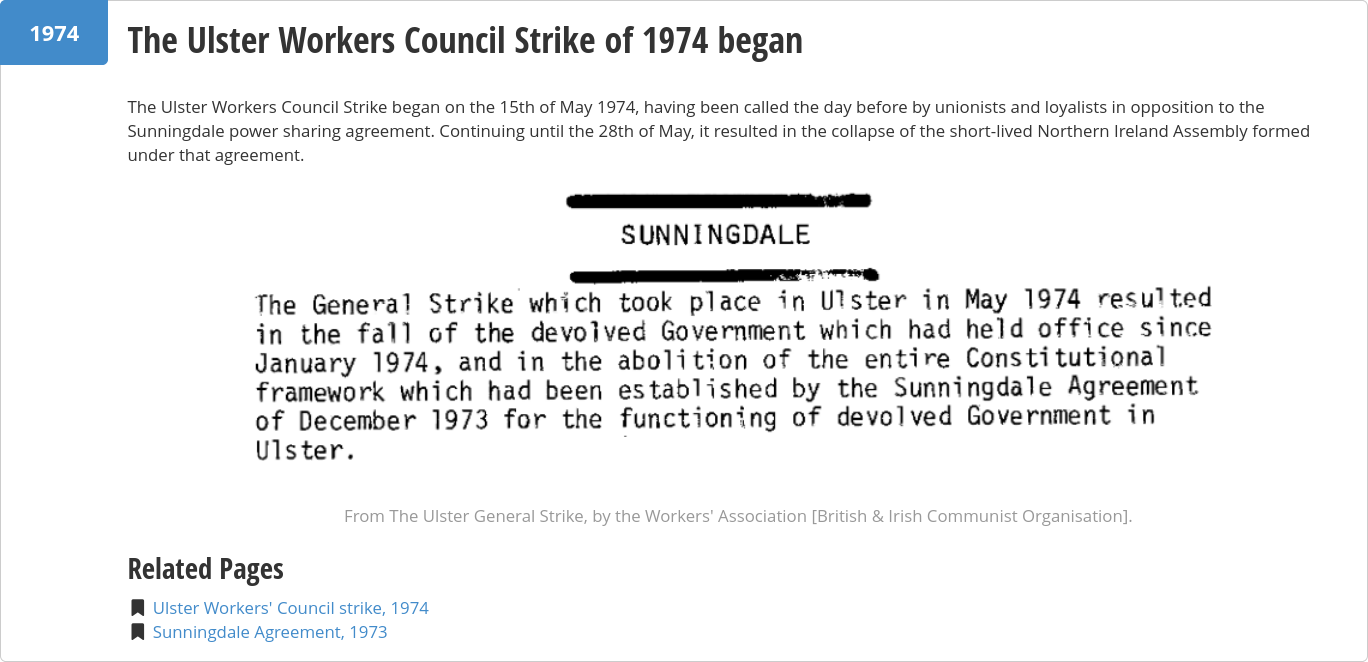
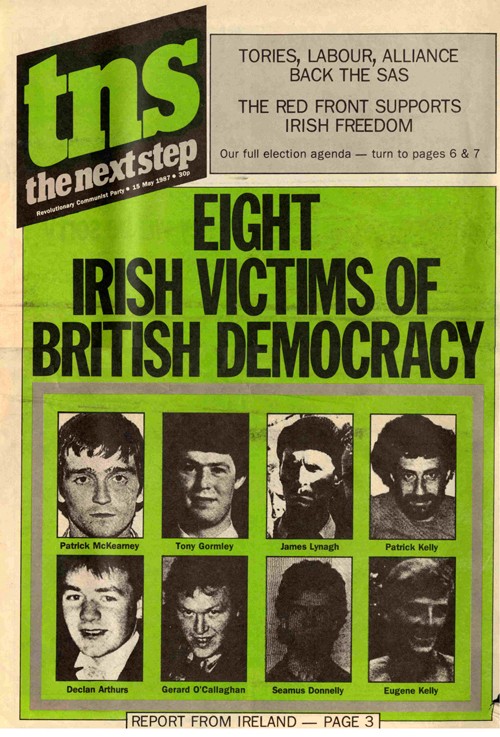
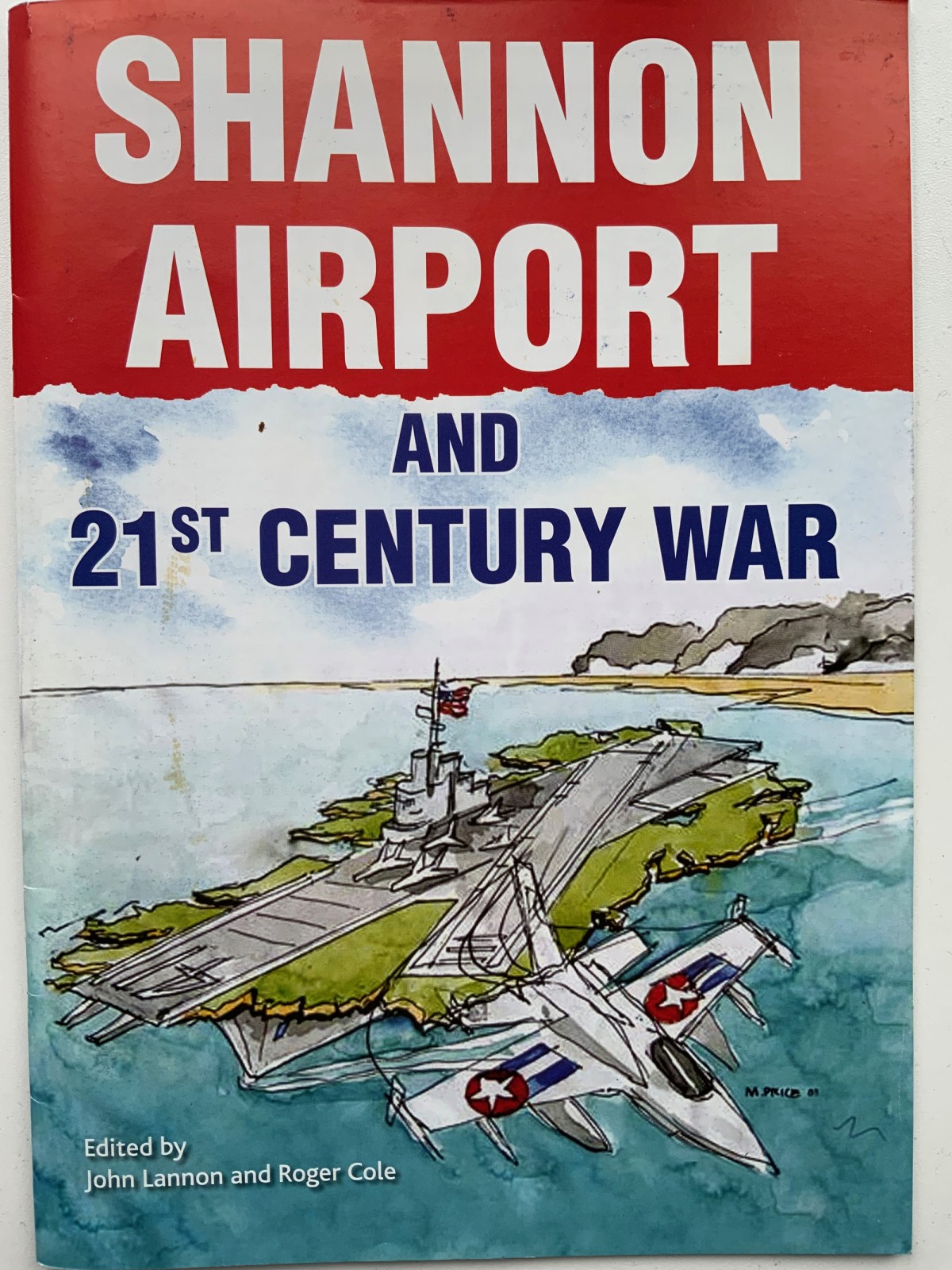
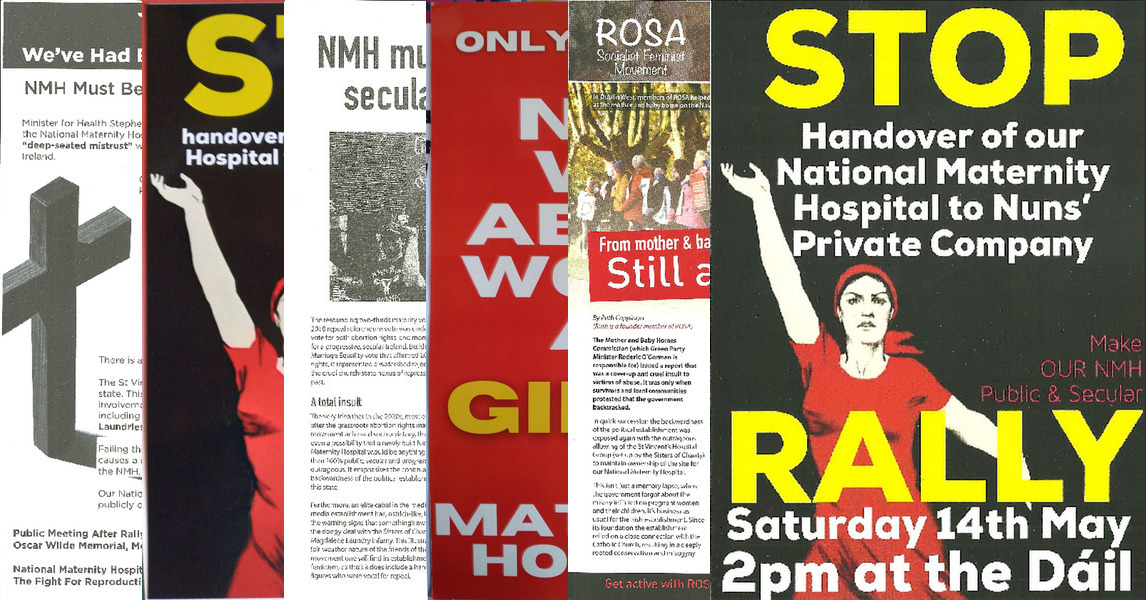


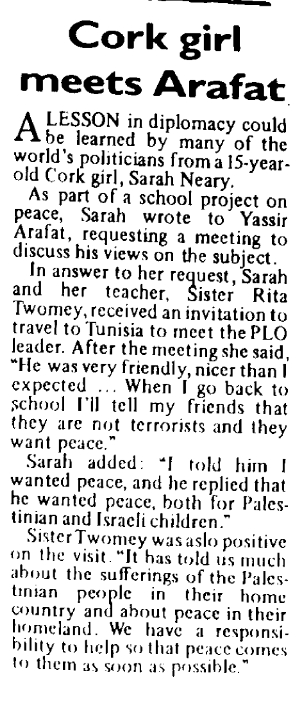
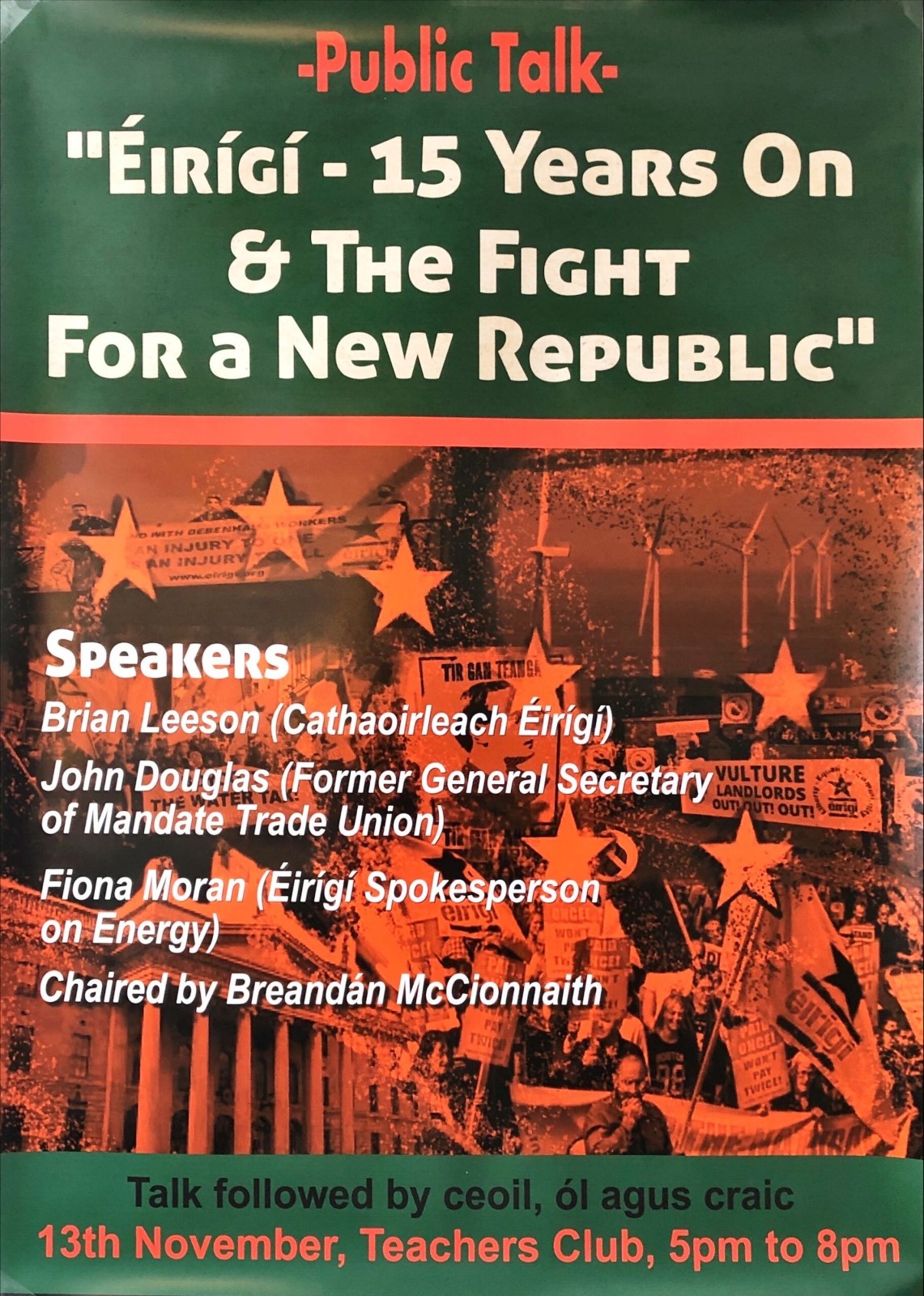
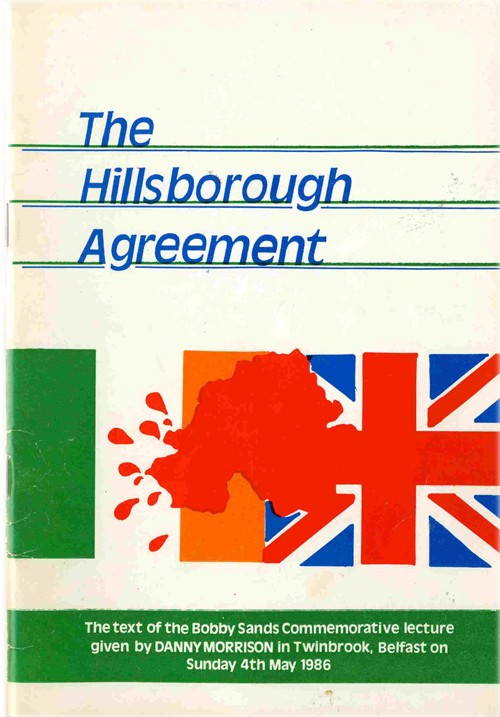
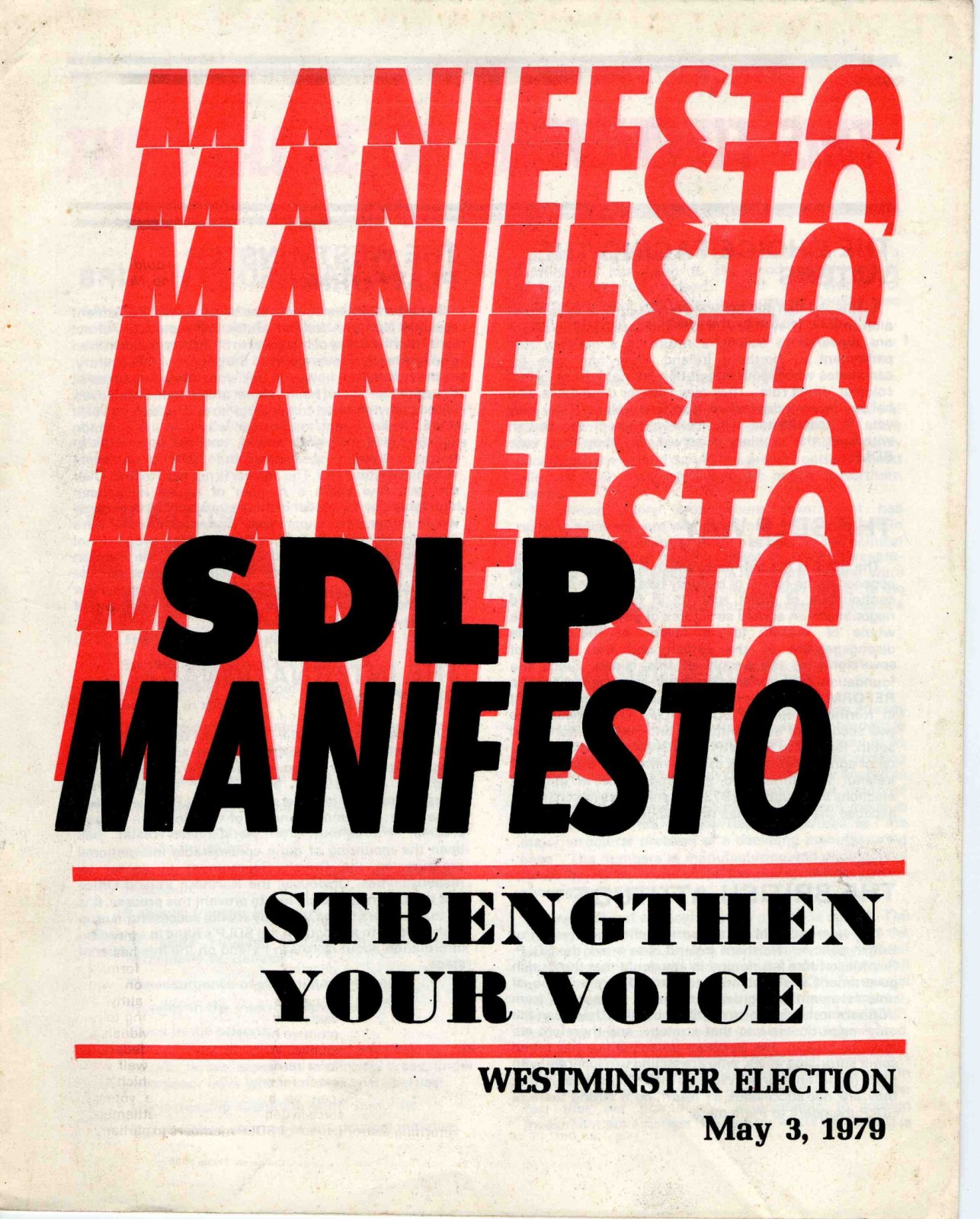


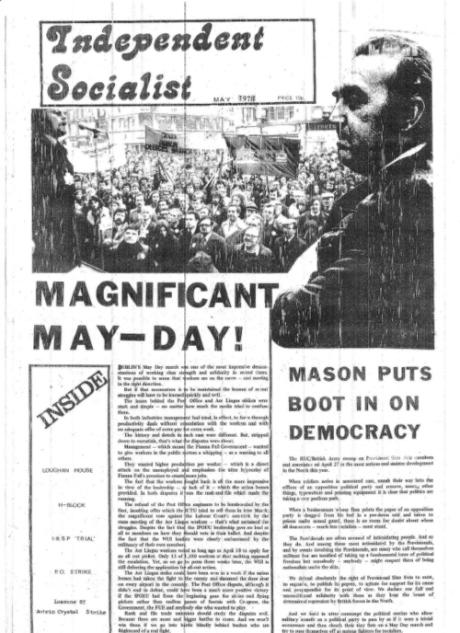
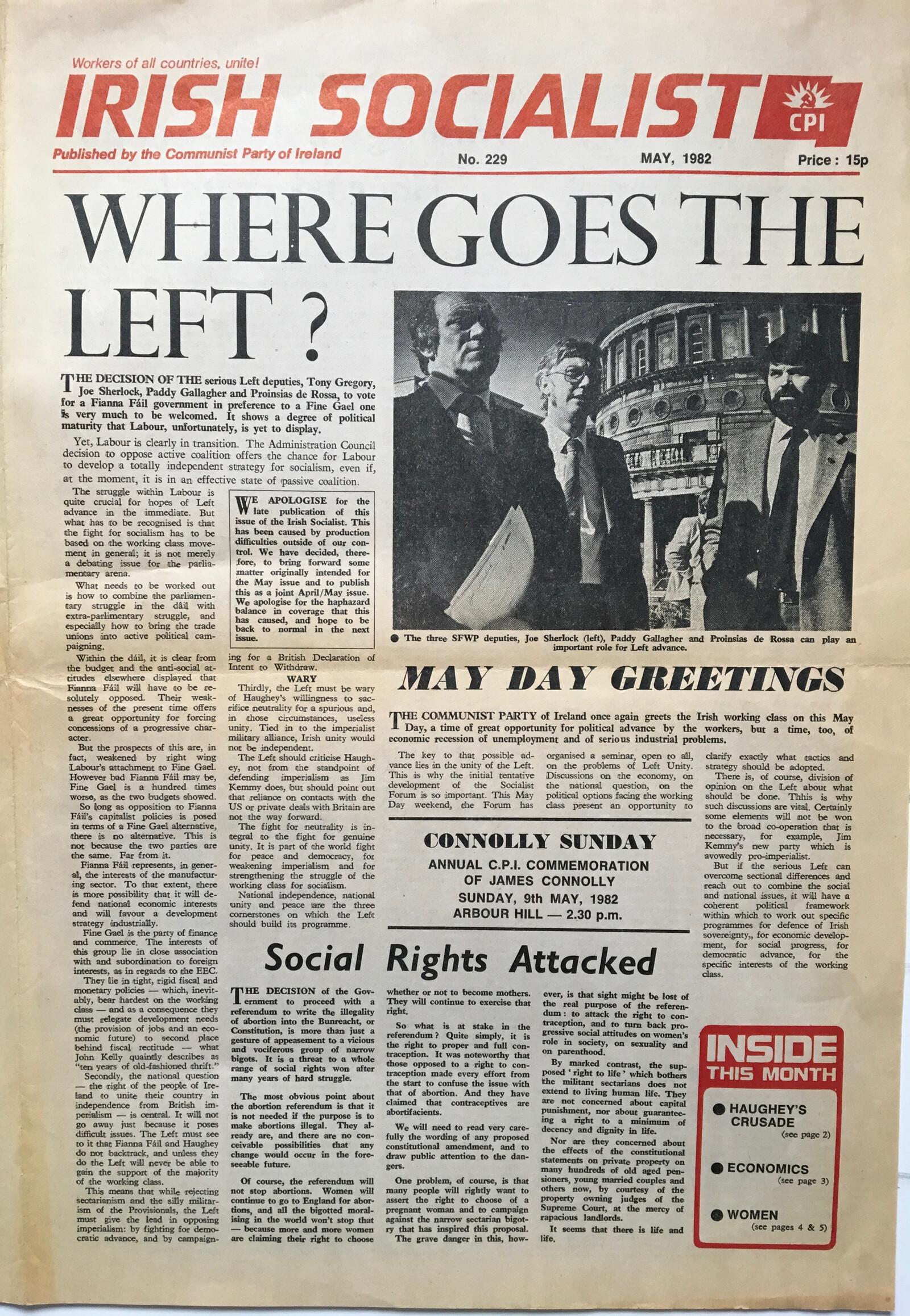
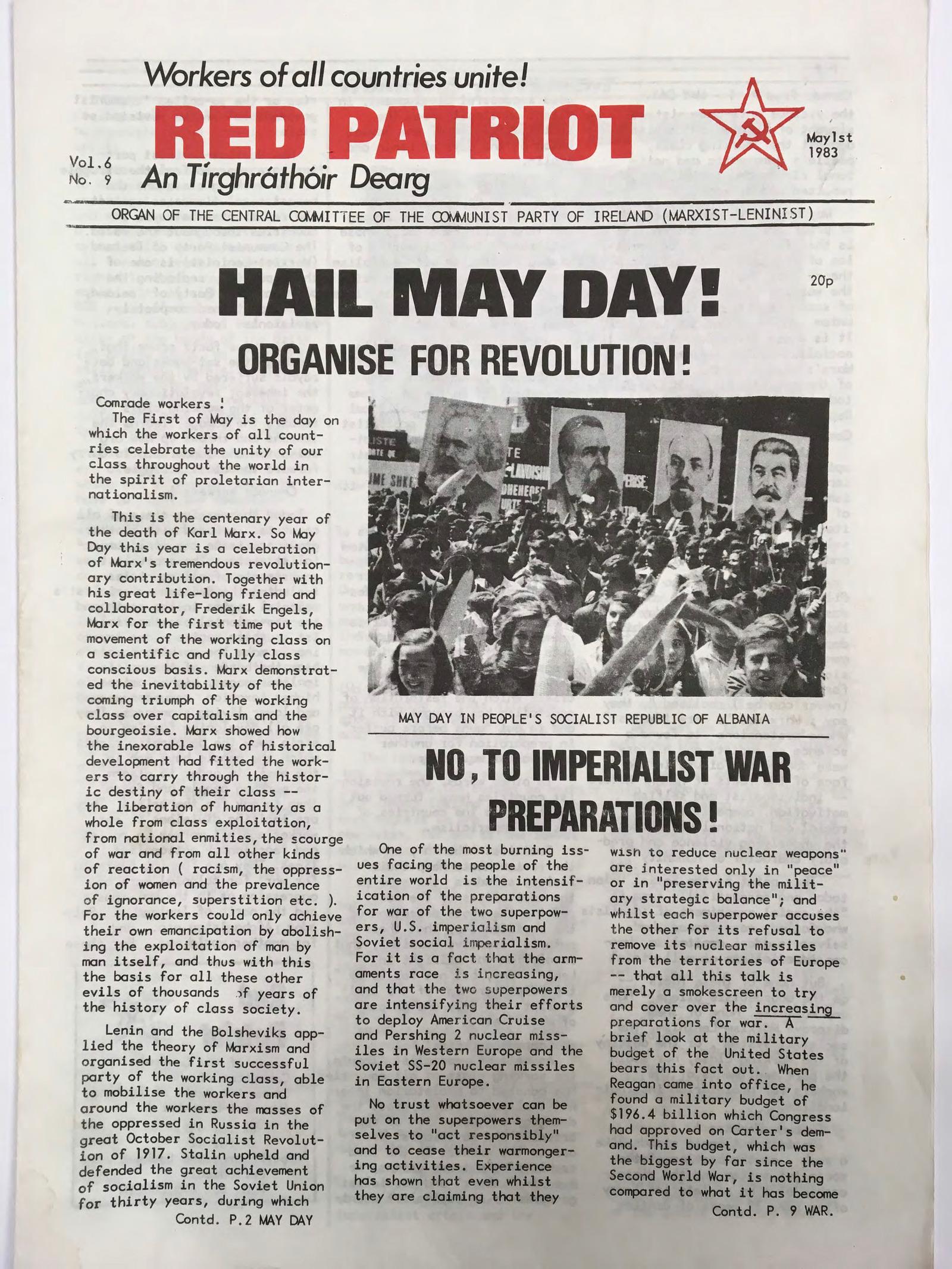
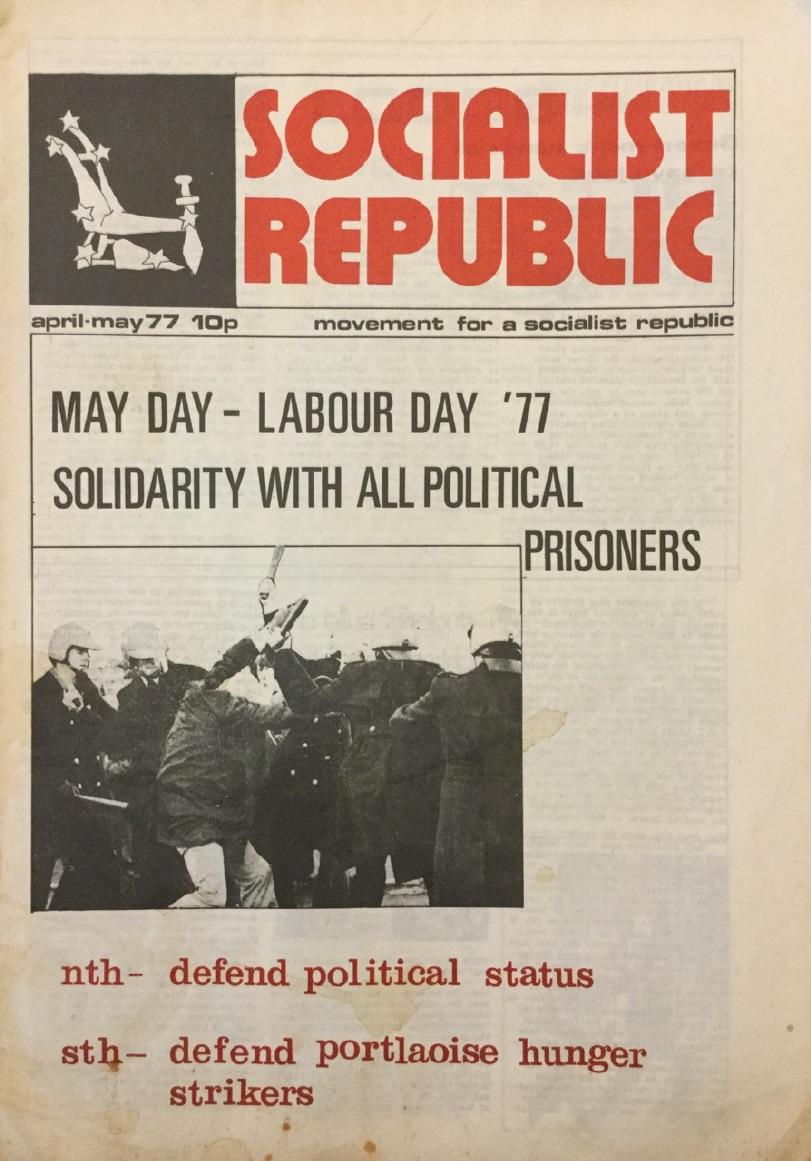
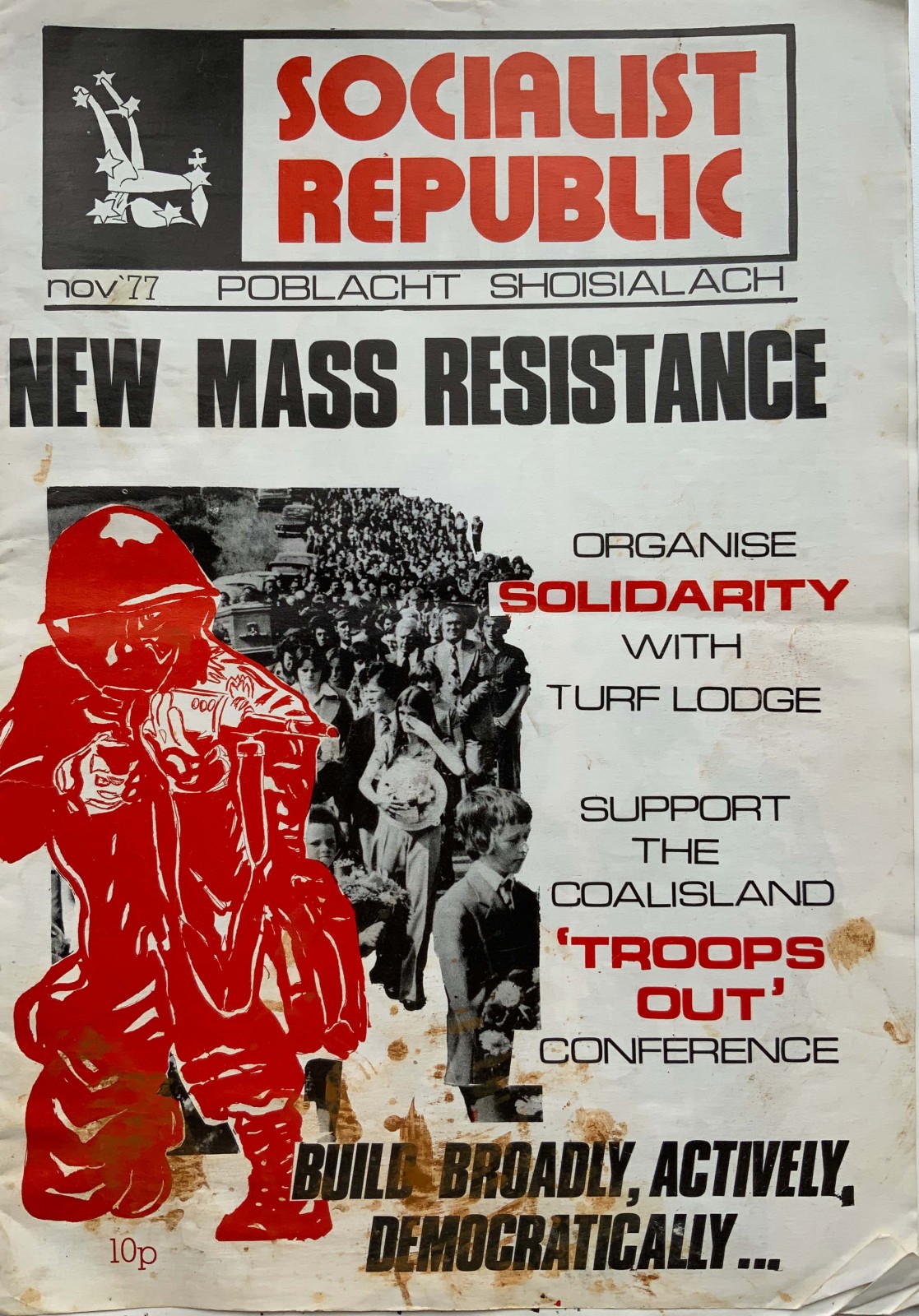
![A scanned magazine article reading:
And Still They Fight To Survive
The efforts to have contraception methods made legally available in the south started in earnest twenty years ago. Patricia Hegarty wonders if we are any better off today than we were then.
"People's rights as regards contraception weren't given o them - they were won. By people like the Irish Women's Liberation Movement, Mary McGee and the doctors who opened the first family planning clinic. Without them we'd have nothing at all and -what we have at the moment is inadequate.” That's the view of Jon O'Brien, Information and Education Officer of the Irish Family Planning Association.
Under-18s cannot get condoms from their local chemist without a prescription. They can legally be married at the age of sixteen. Some women are prescribed the Pill because their doctor cannot fit the Cap.
Women in rural areas have little access to family planning clinics and have to depend on rural GPs "who would quite often just prescribe the Pill, and not provide proper follow up", according to women attending the Council for the Status of Women’s Health Conference last month.
Abortion is banned [in] the constitution and even the dissemination of information on abortion is unlawful.
Meanwhile, family planning clinics are struggling to survive although they provide a range of services which many doctors cither will not or cannot provide. The Bray clinic is faced with closure from lack of funds and the Cavan group has all but given up looking for premises.
Though providing an essential service the clinics receive no government funding and no state subsidy for their clients on Medical Cards.
Contraception in Ireland can more accurately be characterised by what is lacking than by what is provided. Lack of information, lack of access and lack of choice. But what actually is available today and what did it lake 1o reach this level of provision?
1969: A company called ‘The Fertility Guidance
Company Ltd’ was formed (later to be the IFPA) and opened its first clinic in Merrion Square, Dublin.
1970: The Contraceptive Train - a group of women
from the Irish Women’s Liberation Movement took the train to Belfast o buy condoms and other contraceptives. On their return to Dublin they challenged customs officers at Connolly Station to arrest them for illegal importation. The customs officers allowed them 10 pass.
1971: The Criminal Law (Amendment) Bill, 1971
introduced in the Senate by Mary Robinson, was defeated before it could be published.
1972: Mary McGee was defeated in her High Court
case to prove that the confiscation of her contraceptives by customs was unconstitutional. The confiscation had been carried out under Section 17 of the Criminal Law Amendment Act 1935, which purported to ban not only the [sale]
of contraceptives within the state, but also the importation of them from outside it.
1973: In November, Mary McGee won her ap[peal]
case in the Supreme Court. This decision made the importation of contraceptives for personal use legal. The bar [on] the sale of contraceptives remained, however, and a second attempt by Senator Mary Robinson to amend the family planning law failed.
1974: The IFPA was now able to import condoms,
diaphragms and creams and distribute them by dona[tion] at the clinics. However, they were charged with the promotion of unnatural methods of contraception in [a] booklet under the 1935 Criminal Law (Amendment) [Act]. The case was dismissed. The coalition government introduced a Bill to regulate the supply of contraceptives.
[The] Bill was defeated when the Taoiseach, Liam Cosgrave, [and] six Fine Gael deputies voted against it.
1976: The IFPA booklet ‘Family Planning’ [was]
banned by the Censorship Board.
1977: The High Court declared the ban null and [void]. An appeal was lodged by the Attorney General and [the] Censorship Board.
1978: The Supreme Court upheld the High Court
decision on the Booklet case. The Minister for Health, Charles J. Haughey, published the Family Planning (Health) Bill.
1979: The Family Planning (Health) Act became [law]. It allowed the sale of all types of contraceptives by pharmacists only - on presentation of a prescription, which
be supplicd only to those who require them for ‘bona fide' family planning purposes.
1983: The so-called "right to life” amendment [was] passed by referendum, placing a constitutional ban on abortion and threatening restrictions on some family planning clinics. Doctor Andrew Rynne was prosecuted under the Family Planning (Health) Act for supplying ten condoms directly to a patient. He was fined £500 but this was dropped on appeal.
1985: Under strong attack from the Catholic Church, Fianna Fail and conservative lobby groups, Barry Desmond introduced the (Health) Family Planning Amendment Bill. The bill, which made contraceptives available to those over the age of 18 without a prescription, was narrowly passed.
1986: Judge Hamilton found in favour of SPUC in the High Court and ruled that it was unconstitutional to provide information on abortion. Open Line pregnancy counselling clinic closed down and the Well Women clinics ended their pregnancy counselling service. The advice available to women with unwanted pregnancies was thus restricted.
Under the current legislation, some local chemists sell the barrier methods of contraception: condoms, the sponge, spermicides. Through some local doctors you can get the IUD or coil, Depo-Provera, condoms, vasectomy and advice on natural family planning methods; the Pill is available for those who want it for ‘bona fide family planning purposes, and the Morning-After Pill is available as a post-coital method. Female sterilisation is available mainly from private clinics.
Doctors and chemists arc not obliged to provide this service. Clients can often be sure of a more comprehensive service at family planning clinics - but cannot always get to one, particularly if they live in rural areas.
Twenty years after they first opened their doors the IFPA feel that funds should be provided for:
"research into medical methods of contraception, information leaflets on family planning, and subsidising clinics for medical card clients who cannot afford to pay".
They would like to see:
"female sterilisation being made widely available through public hospitals; greater access to services for rural women; a national programme of sex education in schools, and greater training for GPs in family planning."
Legally, they want:
"clarification of the ‘bona fide’ terms of reference, and removal of the ban on the sale of condoms to under 18s."
But most of all, says Jon O'Brien, “the state should recognise family planning as an integral part of the nation's health care and as a human right. They should provide financial support and assistance lo its greater availability and improvement in standards”.](https://posts.leftarchive.ie/attachments/thumbnails/e6d93480f8aed05ed15355bf8e0293ad0b01bb2ea389880acd06ff1094c61f04/z_mag_contraception.jpeg)